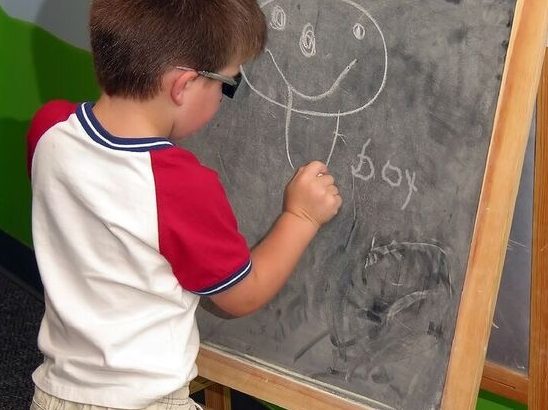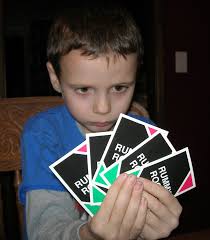
Teaching spelling isn’t about phonics so much Teaching spelling frustrates both teachers and students. Spelling troubles many students, because learning rules of phonics and applying them guarantees they will miss most of their spelling words when tested. Phonics is helpful for early reading; it can’t be trusted for spelling because English spelling is based more […]






